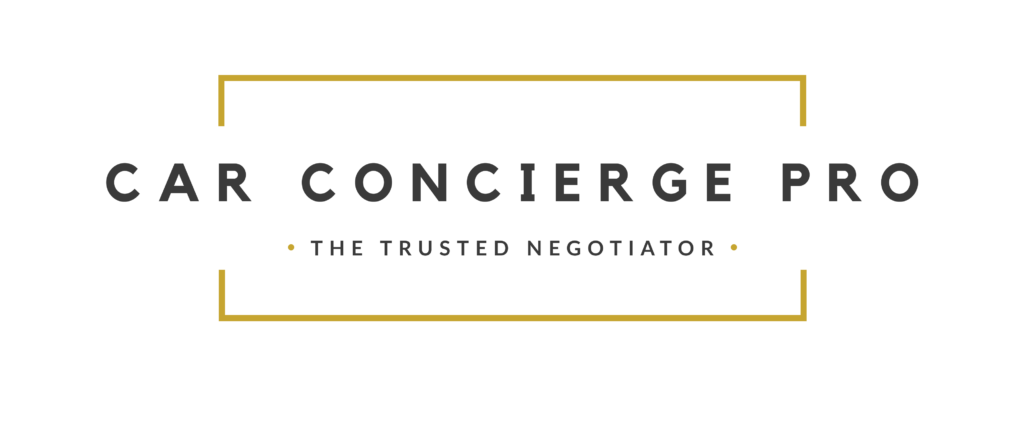Introduction
The automotive industry is constantly evolving with advancements in technology, safety features, and customer experience. One such development that has gained traction in recent years is the concept of Lease Buy Agreement (LBA). While many people are familiar with traditional car leasing, the Lease Buy Agreement (LBA) offers a unique alternative that benefits both car buyers and manufacturers. This article will dive into the concept of LBA, its key components, how it functions, and its growing importance in shaping the automotive market.
What is Lease Buy Agreement (LBA)?
A Lease Buy Agreement (LBA) is a type of contract in the automotive sector that allows individuals or businesses to lease a vehicle with the option to buy it at the end of the lease term. Essentially, an LBA is a hybrid model that combines elements of both leasing and purchasing. The agreement typically involves lower monthly payments compared to traditional vehicle financing, but with the opportunity for the lessee to purchase the vehicle outright once the lease term ends.
In the automotive industry, LBA is a strategy employed by car manufacturers, dealerships, and customers to provide more flexible options when acquiring vehicles. It caters to those who prefer to lease a car for a certain period but are also interested in the possibility of owning it after the lease is up.
Key Components of an LBA
Several important elements define how an LBA works:
- Lease Term: This is the period during which the lessee agrees to lease the vehicle, typically ranging from 2 to 5 years.
- Option to Buy: At the end of the lease term, the lessee has the option to purchase the car, often at a predetermined price that was agreed upon when the contract was signed.
- Monthly Payments: The lessee pays lower monthly payments compared to traditional financing. These payments are typically based on the depreciation of the car and interest charges.
- Residual Value: This is the estimated value of the car at the end of the lease term. It’s an important factor in determining the monthly payment amount and the eventual buyout price.
- Buyout Price: This is the amount the lessee would pay if they decide to purchase the vehicle at the end of the lease term. It is typically based on the residual value and any additional fees that may apply.
Importance of LBA in the Automotive Industry
Impact on Vehicle Design and Manufacturing
LBA plays a significant role in influencing vehicle design and manufacturing processes. Since manufacturers need to anticipate that many vehicles under LBA agreements will eventually be purchased, they are encouraged to design cars that will remain valuable and attractive to buyers after the lease period ends. This has led to innovations in technology, safety features, and overall durability.
For example, automakers are now placing greater emphasis on long-term performance, high resale value, and extended warranties to make vehicles more appealing for lease-to-own arrangements. This shift towards more durable and reliable vehicles also benefits consumers who are looking for cars that maintain their value over time.
Enhancing Customer Experience
For car buyers, LBAs offer more flexibility compared to traditional car leasing or financing. Customers can enjoy the experience of driving a new car with lower payments and, at the same time, have the opportunity to purchase the vehicle if they decide they love it. The option to buy also eliminates the concern of being locked into a long-term commitment, allowing buyers to reassess their needs and preferences as their lifestyle changes.
In addition, LBAs are often accompanied by maintenance packages, extended warranties, and other services that enhance the overall customer experience. This makes it an attractive option for those who want the flexibility of leasing with the potential benefits of ownership.
Vehicle Technology Integration
LBAs also contribute to the integration of cutting-edge technologies in vehicles. Because cars leased under LBA agreements are expected to be in good condition and retain high residual value, automakers are more likely to include advanced technologies such as autonomous driving features, advanced infotainment systems, and eco-friendly powertrains. These innovations add value to the vehicle over the term of the lease and provide an added incentive for lessees to eventually purchase the vehicle.
Practical Applications of LBA by Automakers
Several automakers and dealerships have successfully integrated LBA into their business models. For instance, many luxury car brands, including BMW and Mercedes-Benz, have introduced lease-to-buy programs that allow customers to lease high-end vehicles and purchase them at the end of the term. These programs are designed to attract customers who are unsure whether they want to commit to a long-term car purchase but are open to the idea of owning the vehicle if it meets their expectations.
Additionally, car dealerships often promote LBA as an option for customers looking for flexibility in their vehicle purchasing decision. By offering lower upfront costs and the option to buy, dealerships can attract a broader range of potential buyers, particularly those who may not have the financial capacity for a large down payment or long-term commitment.
Frequently Asked Questions (FAQs) About Lease Buy Agreements (LBA)
What is LBA and How Does it Work?
A Lease Buy Agreement (LBA) is a type of contract where the lessee leases a vehicle for a specified term and has the option to purchase it at the end of the lease. The lessee makes monthly payments, typically lower than traditional car financing, and decides at the end whether to buy the car for a predetermined price or return it to the dealership.
Why is LBA Important for Car Manufacturers or Buyers?
LBA provides manufacturers with a way to move more vehicles while maintaining strong customer relationships. For buyers, it offers the flexibility to lease a car with the option to buy at the end of the term, which is particularly appealing for those who want to avoid the commitment of traditional car financing but still retain the option to own the vehicle.
Are There Any Regulations or Standards Related to LBA?
While there are no specific laws that govern LBA agreements, they must comply with standard leasing and financing regulations. These include clear terms regarding interest rates, residual values, and early termination fees, which are all regulated by local laws to protect consumers.
What Are Common Misconceptions About LBA?
One common misconception is that LBAs are more expensive than traditional leases or financing options. In reality, LBAs tend to offer lower monthly payments, making them an attractive option for many consumers. Another misconception is that lessees will always end up paying more over time, but in some cases, the total cost of leasing with an option to buy can be lower than traditional car buying.
Conclusion
In conclusion, Lease Buy Agreements (LBA) are playing an increasingly important role in shaping the future of the automotive industry. By offering consumers the flexibility to lease a vehicle with the option to purchase, LBAs benefit both automakers and customers. They encourage innovation in vehicle design and technology while providing a valuable pathway to ownership. As the automotive landscape continues to evolve, staying informed about emerging trends and understanding how LBAs can benefit both buyers and manufacturers will be crucial for navigating the ever-changing market.
Schedule a Demo >




